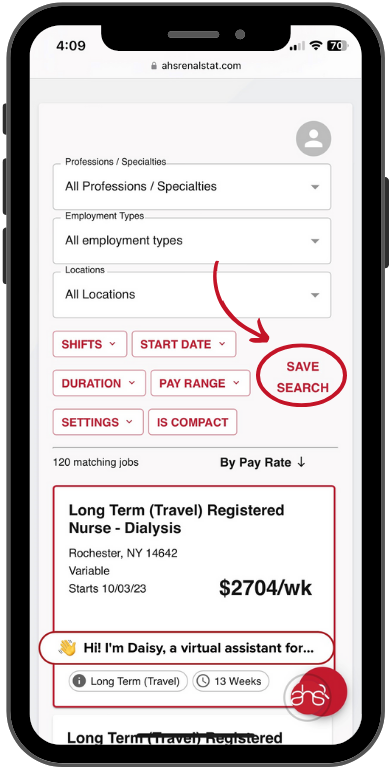Where is the ESRD Program going?
A keynote speaker on the last day of the National Renal Administrators Association’s annual conference was Barry Straube, MD, the former chief medical officer for the Centers for Medicare & Medicaid Services. Straube, a nephrologist, now works for the Marwood Group, a New York-based consulting group, and specializes in advising on health care investments.
Improving the ESRD program
Straube talked candidly about recent CMS initiatives to improve quality of care in the End-Stage Renal Disease Program, acknowledging that there will always be differences of opinion between regulators, payers, and providers on how to provide optimal care in a cost-effective manner. He suggested several key areas for clinical improvement, including fluid management, nutrition, time on dialysis, and patient rehabilitation and helping patients reach optimal quality of life with kidney disease.
With $37 billion spent on the near 430,000 (estimated for 2012) individuals with kidney disease each year, Straube said the program will always be under scrutiny on the federal level. Medicare costs for caring for dialysis patients has leveled off in recent years, both due to a slowing in the growth of the incident rate and the introduction of the bundled payment system, said Straube. That contrasts with overall costs in the Medicare program, which have skyrocketed.
Dialysis patients use big part of Medicare budget
A big part of that cost for dialysis patients is from inpatient care, but Straube noted that home health care and hospice care are starting to become part of the cost equation for dialysis patients. ESRD patients continue to represent around 2% of the Medicare patient population, but use 6.2% of the Medicare budget.
A major quality improvement focus, Straube said, should be addressing the variability in the ESRD Program. “There is a significant geographic variation that exists in the quality and costs of delivering care across the country, even among large providers,” said Straube. “We have guidelines that are not often followed; we have metrics but they are often insufficient,” he said. ~NephrologyNews.com~


